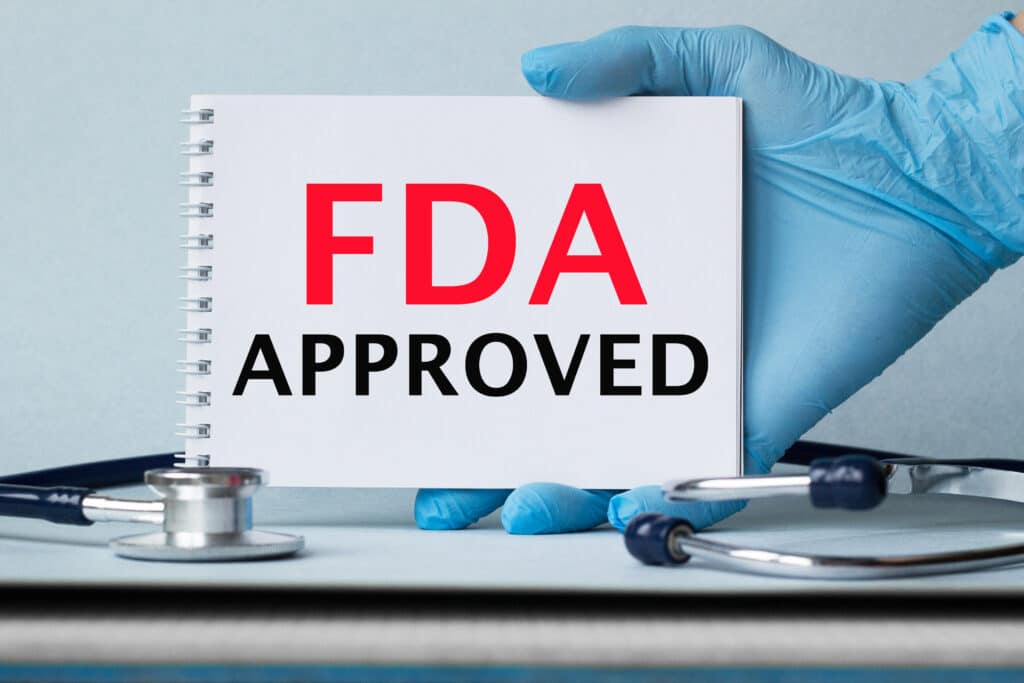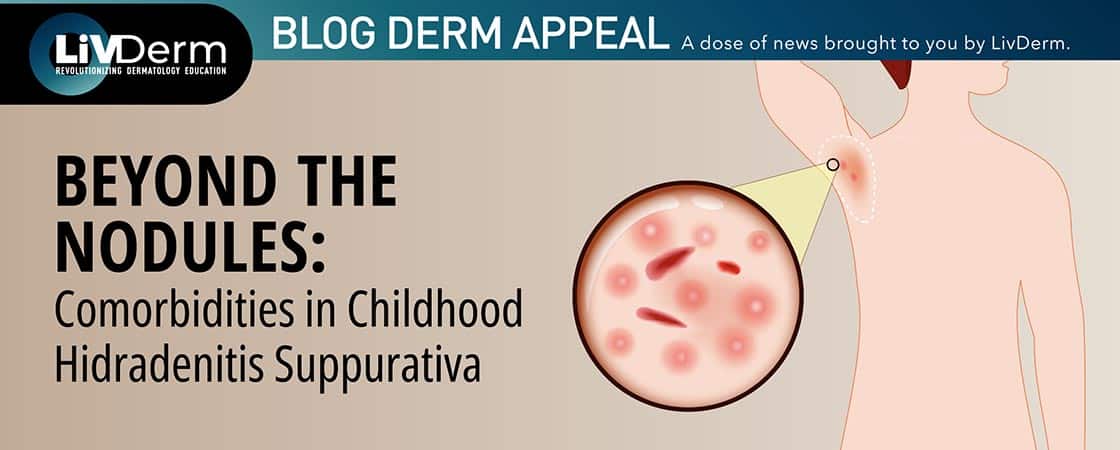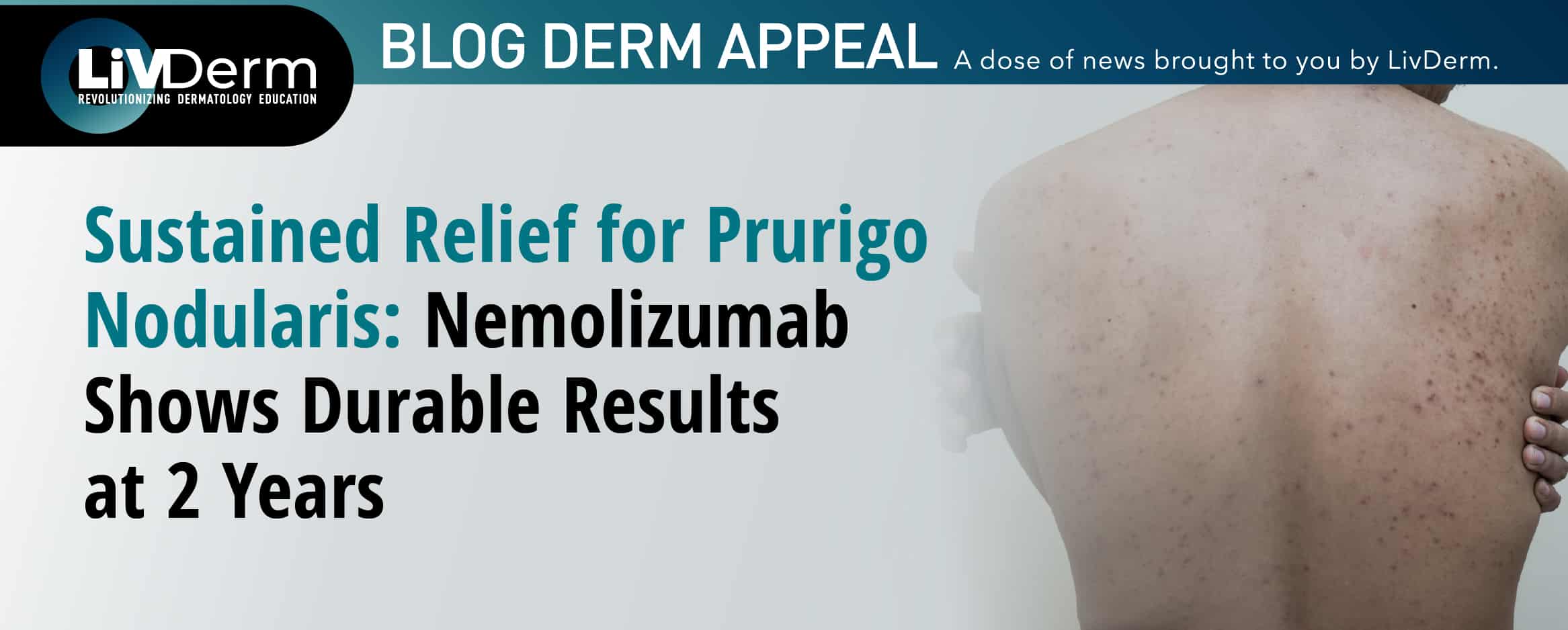
Pfizer has announced that the U.S. Food and Drug Administration (FDA) has approved ritlecitinib (LITFULO™) for patients aged 12 years and above with severe alopecia areata.
Ritlecitinib is a kinase inhibitor that inhibits Janus kinase 3 (JAK3) and the tyrosine kinase expressed in hepatocellular carcinoma (TEC) family of kinases. It is a once-daily oral treatment and the first and only FDA-approved treatment for adolescents.
The FDA’s approval comes after the ALLEGRO phase 2b/3 trials demonstrated positive results. The study evaluated the safety and efficacy of ritlecitinib at 118 sites in 18 countries. It included 718 patients aged 12 and over, with 50% or more scalp hair loss as measured by the Severity of Alopecia Tool (SALT).
Participants in the study received a once-daily dose of ritlecitinib at either 50 mg, 30 mg, or 10 mg with or without one month of initial treatment of once-daily ritlecitinib 200 mg or placebo once-daily for 24 weeks. At the 24-week mark, groups treated with ritlecitinib continued on their assigned dose, and those assigned to placebo were switched to ritlecitinib (at 50 mg or 200 mg loading dose + 50 mg) for an additional 24 weeks.
Results demonstrated that 23% of patients treated with ritlecitinib at the recommended dose of 50 mg, had 80% or more scalp hair coverage after six months compared to only 1.6% of the placebo group.
The most common adverse events noted during the study occurring in at least 1% of patients through 24 weeks included headache, diarrhea, acne, rash, urticaria, folliculitis, pyrexia, atopic dermatitis, dizziness, blood creatinine phosphokinase increase, herpes zoster, red blood cell count decrease, and stomatitis. The study also reported serious infections, malignancies, thromboembolic events, and lab abnormalities.
Ritlecitinib’s approval is a significant breakthrough, especially as it concerns treatment for adolescent patients. Angela Hwang, Chief Commercial Officer, President, Global Biopharmaceuticals Business at Pfizer has stated that “LITFULO is an important treatment advancement for alopecia areata, an autoimmune disease that previously had no FDA-approved options for adolescents and limited options available for adults.” She adds, “With today’s approval, adolescents and adults who struggle with substantial hair loss have an opportunity to achieve significant scalp hair regrowth.”
Brittany G. Craiglow, MD, associate professor adjunct of dermatology at Yale School of Medicine, states “While patients may start to develop symptoms of alopecia areata at any age, most people start showing signs in their teens, twenties, or thirties. LITFULO is a particularly important treatment option for younger patients with substantial hair loss, who often struggle with such a visible disease.”
Speaking of the incredible significance of this new approval, Brett A. King, MD, PhD, associate professor of dermatology at Yale School of Medicine, and principal investigator of the clinical trial of ritlecitinib, explains,
“Childhood and adolescence are such vulnerable times, and children and adolescents have so much to do and learn and become during these years. It is challenging enough to be a kid, but when alopecia areata happens and suddenly one has big bald spots or is completely bald and missing eyebrows, the normal trajectory of that kid’s life, and the family’s life, too, can be derailed. Kids withdraw from sports and other social activities, and even from school. Extreme sadness and anxiety are common. It is awful. There is a way out of the darkness, however, and that is to regrow the hair that was lost, to restore the person as they had been prior to alopecia areata. Normalcy is so important for everybody, but especially when we are developing. So it is easy to understand what a monumental breakthrough it is to have a medicine, ritlecitinib, approved for adolescents. Ritlecitinib restores normalcy and will make life better — literally will change life — for so many people.”
It is important to note that this is the second groundbreaking alopecia areata treatment in 13 months (baricitinib was approved in June 2022), both of which have been pioneered by Dr. King.
LiVDerm is incredibly honored to have both Dr. King and Dr. Craiglow as part of our faculty, and we look forward to welcoming them again at our upcoming 2024 South Beach Symposium and Masters of Pediatric Dermatology Symposium.
















